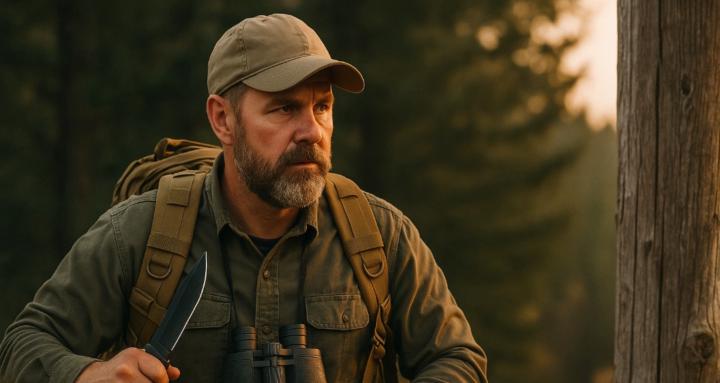Aug '25 • General discussion
Raising Ready Kids: How to Involve Your Children in Prepping Without Fear
One of the most overlooked areas of preparedness is also one of the most important: your kids.
As fathers, we prep to protect. But true protection isn’t just about stacking supplies — it’s about building capable, confident children who can stay calm, take action, and think critically in a crisis.
Involving your kids in your prepping journey doesn’t have to be scary or overwhelming. In fact, when done right, it can strengthen your bond and equip them with life-long skills.
Shift the Narrative: Confidence Over Chaos
First, let go of the idea that prepping with your kids has to be heavy or fear-based. You’re not scaring them. You’re teaching them to be capable.
Frame it like this:
- “Here’s how we stay ready, just in case.”
- “Being prepared means we’re in control.”
- “This is what strong families do.”
The goal is to normalize preparedness — not make it a source of anxiety.
Age-Appropriate Ways to Involve Your Kids
Ages 3–6:
- Help stock shelves with canned food
- Teach “stop, drop, and roll”
- Name and identify safety items: flashlight, radio, first aid kit
- Play “hide and seek” drills with walkie-talkies
Ages 7–12:
- Practice fire drills and bug-out routes
- Let them pack a small go-bag (add snacks, games, flashlight)
- Teach basic first aid and navigation with a compass
- Include them in your food storage plan
Teens:
- Involve them in decision-making: gear, routes, strategies
- Assign responsibilities during drills
- Teach self-defense and advanced first aid
- Let them help research real-world survival scenarios
Make It Fun, Make It Routine
Prepping doesn’t need to be a chore. The more you can gamify it, the more engaged your kids will be.
Ideas:
- Build a weekend “no power” challenge (no lights, no fridge, no Wi-Fi)
- Start a garden together for food and hands-on learning
- Use board games like Risk or strategy apps to teach decision-making
- Do a family scavenger hunt for gear or supplies
Consistency matters. Even small monthly drills or gear reviews teach that preparedness is a family lifestyle — not just a dad thing.
Teach Mindset, Not Just Skills
Preparedness isn’t just gear and tactics. It’s mental.
- Practice staying calm under pressure
- Use teachable moments in real life (power outage, storm, minor injury)
- Teach situational awareness when you’re out in public
- Encourage problem-solving instead of panic
Raising “ready kids” means building mental toughness, not just task completion.
Final Thoughts
Prepping is a form of parenting. And great prepper dads don’t just protect their families — they prepare their families.
The goal is interdependence, not just protection. You want your kids to rely on you now — and grow into people who can rely on themselves later.
What’s one way you’ve already started involving your kids in prepping? Share it in the comments and let’s help each other raise the next generation of ready leaders.
0
0 comments

skool.com/offthegriddad-5287
Unlock exclusive, proven strategies to protect your family, master preparedness, and transform your role as a father forever.
Powered by
